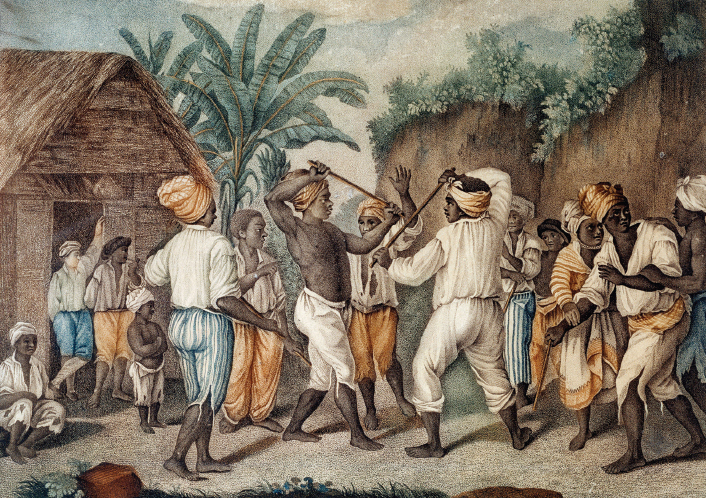How did slave revolt on colonial Saint-Domingue lead to the creation of the independent nation of Haiti in 1804?
PPRIOR TO 1789 SAINT-

Saint-